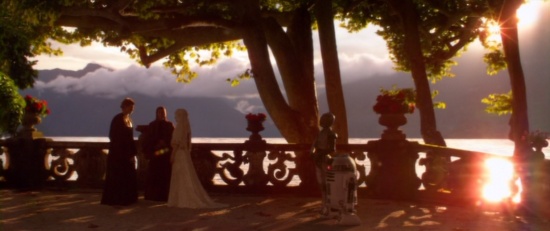The Day After Tomorrow (Roland Emmerich, 2004)
One of the principles I try to hold to when reviewing films is to avoid simply savaging a film. The smugness of smart-arsed critics who can do nothing but pick apart a movie always irritates me. Which isn’t to say that bad movies shouldn’t be criticised. It’s just that the best reviews of bad films are those that also stop to note the good points amongst the bad. Likewise, most classic films have their share of flaws, and defining why these films succeed despite their problems is often difficult. Critics need to appreciate the elusiveness of the strange alchemy that makes a good film. As they say, nobody sets out to make a bad movie.
Nobody, that is, except Roland Emmerich.
